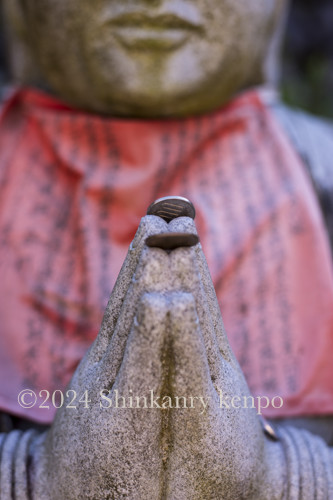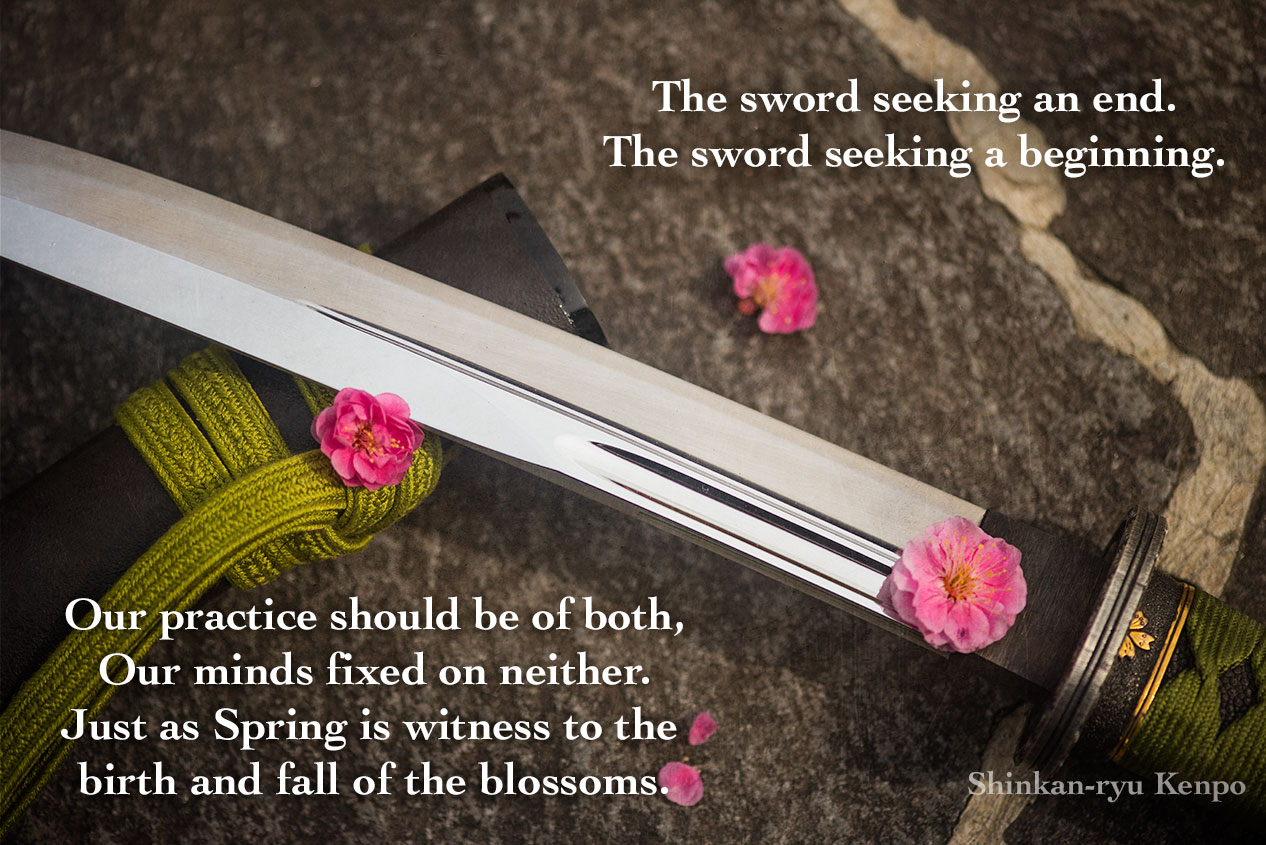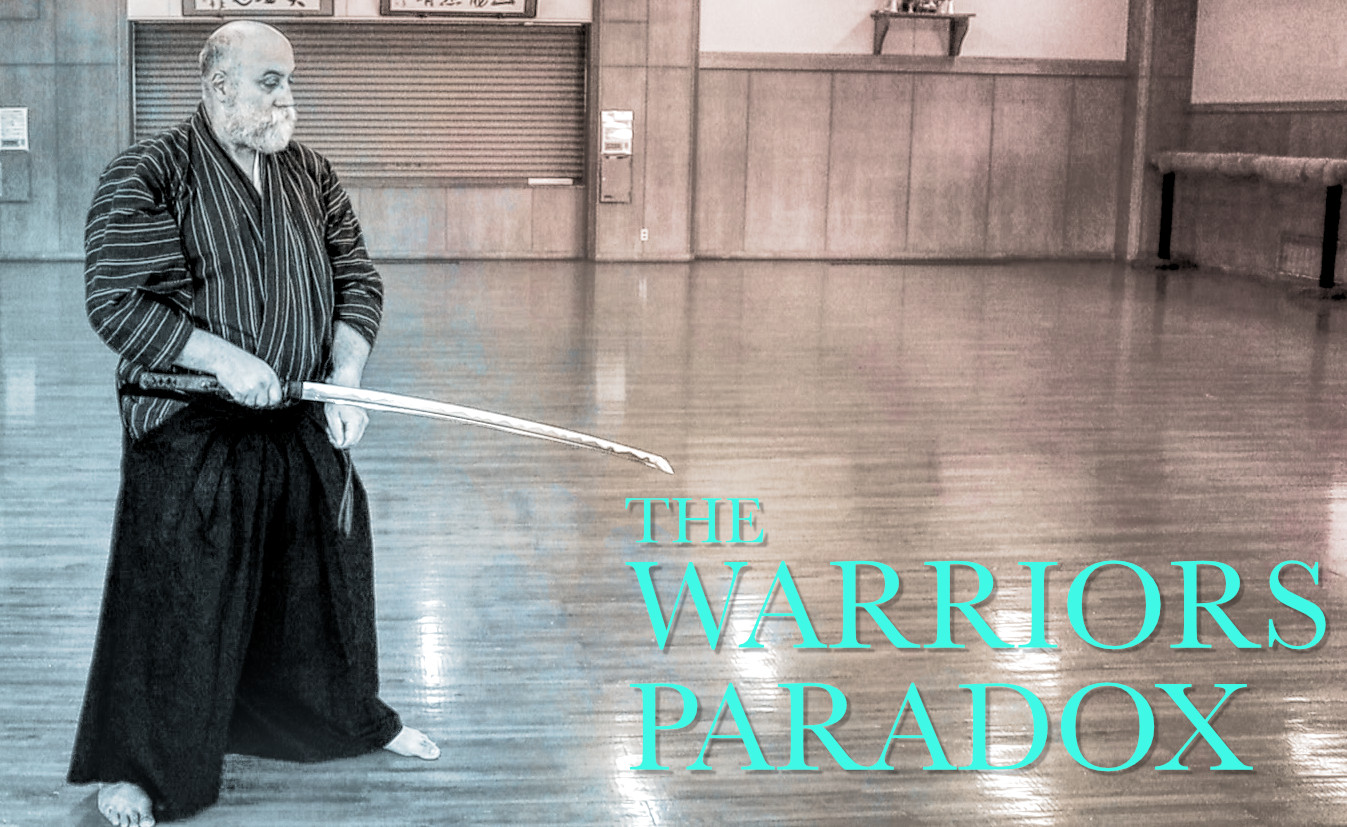The True Spirit of Martial Arts: Beyond the Skilled Sword
In the world of Japanese martial arts, there's a striking paradox that reveals much about human nature and the true meaning of the warrior spirit. Many practitioners are drawn to the art by visions of samurai wielding katana, powerful techniques, and decisive victories. They dream of mastering ancient combat forms and becoming strong and skilled fighters. Yet, in their pursuit of martial prowess, some miss the most fundamental aspect of what it means to be a true martial artist.

The ability to sincerely apologize when we have caused harm is the most crucial test of the warrior spirit, far more challenging than any kata or sparring match. Budō requires a combination of self-awareness, humility, and moral courage that many find more daunting than facing an opponent with a sword. Learning techniques is straightforward, but developing our character demands a more sustained effort, in my experience.
In classic Japanese martial arts or sand in my dojo and in Shinkan-ryū, students first learn rei - proper etiquette and respect. Before touching a weapon, they learn to bow, show compliancy, and acknowledge their place within the dojo community. This is not mere formality but the foundation upon which all other training is built. Why bow to your sword only to stand up and behave in an abusive manner toward others around you? That is like a vegan I once met who was vehemently opposed to any abuse towards animals, yet emotionally abused his wife and co-workers, and when confronted about his abusive tendencies, told everyone to "screw off!". Even his teary-eyed wife was unable to convince him to change.
The philosophy in martial arts is deeply rooted in Zen Buddhism, Confucianism, and Shinto traditions. The concept of mushin (無心) - "no mind" - teaches us to act without ego (self), and to move beyond our personal desires, attachments, and fears. When we cannot apologize, our ego often stands in the way, the same ego that martial arts training seeks to transcend. What is the more remarkable victory, cutting a grass mat or cleaving our hindrances that cause suffering to ourselves and others?
Consider the principle of shuhari (守破離): first learn tradition (shu), then break with tradition (ha), and finally transcend tradition (ri). This learning cycle applies to physical techniques and our moral and spiritual development. We must first learn the forms of respect and etiquette, then understand their deeper meaning, and finally embody their essence naturally.
When we grant someone the knowledge of how to cause harm - whether through weapon training or empty-hand techniques - we also bear the responsibility of ensuring they understand the gravity of this power. A sword in the hands of someone who cannot acknowledge their mistakes, who lacks empathy and compassion, becomes something far more dangerous than mere steel. It becomes an extension of an unexamined ego, a tool for harm rather than protection. This responsibility should weigh heavily on us, reminding us of the profound impact our actions can have.
The genuine measure of a martial artist lies not in their ability to strike but in their capacity to show compassion. The most revered masters throughout history have emphasized this again and again. The ultimate goal is not to become powerful and cleave helmets in two but to become wise and elevate the world around them. Not to dominate others but to master ourselves.

When we cannot apologize, when we cannot feel genuine remorse for the harm we cause, we reveal a fundamental misunderstanding of what it means to walk the warrior's path. The inability to acknowledge our mistakes and show empathy for others indicates a significant spiritual weakness, one that no level of technical skill can compensate for. It is during these moments of self-reflection that we genuinely grow, and this aspect is vital to our journey in martial arts.
This is why traditional martial arts teachers in the past emphasized character development. The physical techniques are merely a vehicle for something far more important: the cultivation of wisdom, compassion, and ethical behavior. A student who can perform perfect cuts with a sword but cannot bow their head and sincerely say "I'm sorry" has learned nothing of true importance. Allow this emphasis on character development to motivate you to prioritize it in your keiko, for it is indeed the true essence of martial arts.
Ultimately, the most dangerous person in any dojo is different from the one with the most refined technique or the strongest strike. It is the one who lacks the emotional maturity and moral compass to wield their knowledge responsibly. Before we seek to master the art of combat, we must first master the art of the self and humanity.
The next time you step onto the training floor, ask yourself: Are you as dedicated to developing your character as you are to developing your technique? Can you face your mistakes with the same courage you bring to facing an opponent? These are the questions that separate true martial artists from mere technicians of violence.
The ultimate test of a warrior is not their ability to win battles but their capacity to prevent them through wisdom, compassion, and the courage to acknowledge when they are wrong.
©2024 Shinkan ryu Kenpo


